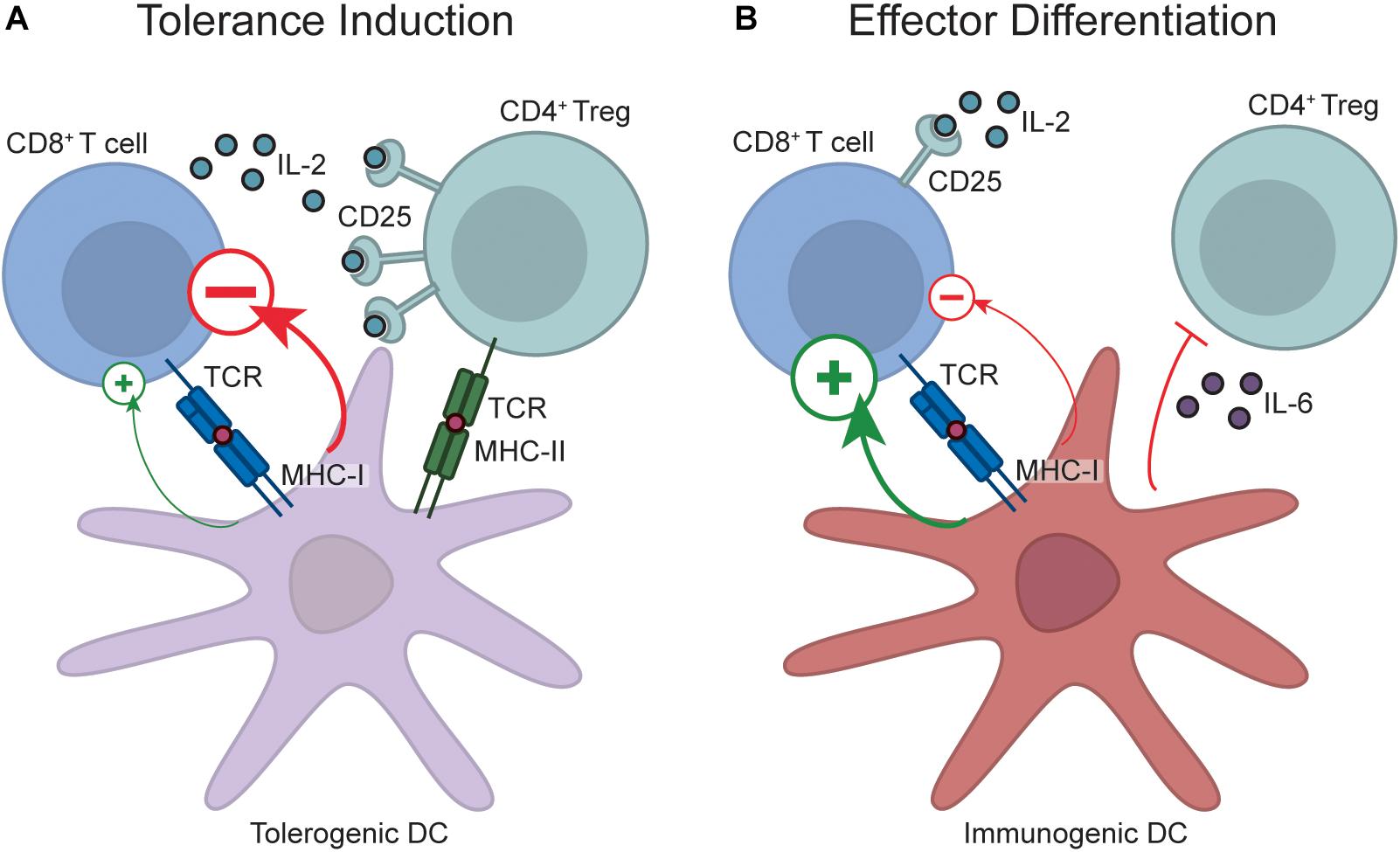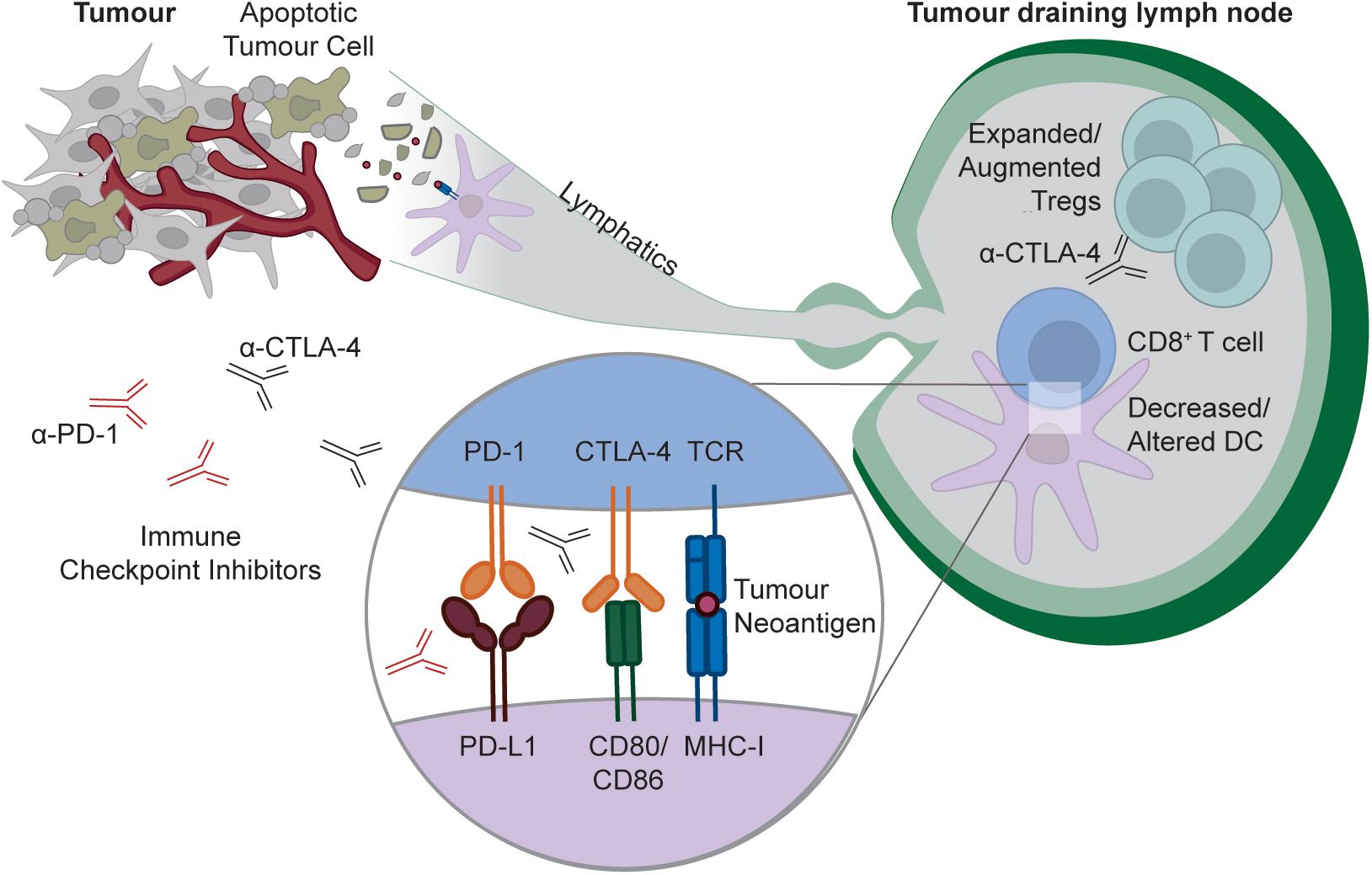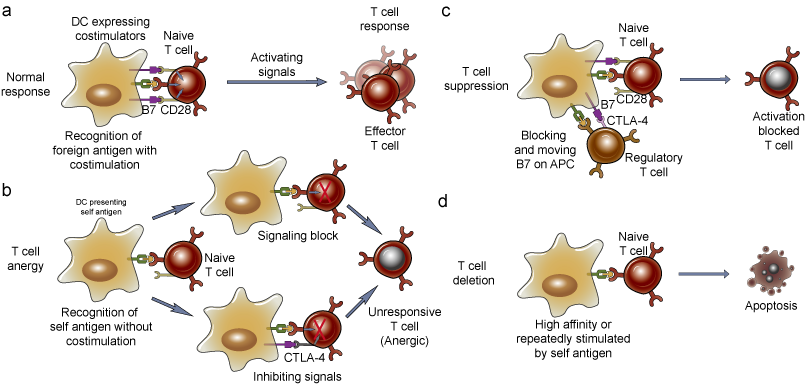T Cells Achieve Self-tolerance In The __________.

Imagine a bustling metropolis, a city teeming with millions of tiny defenders, each meticulously trained to protect the realm. These aren't soldiers of flesh and blood, but T cells, the body's elite warriors, constantly patrolling, identifying, and neutralizing threats. However, like any well-trained army, they must learn a crucial lesson: to distinguish friend from foe, to spare the very infrastructure they are sworn to defend. This vital training ground, where self-tolerance is forged, is the thymus.
The thymus, a small but mighty organ nestled in the chest, is where T cells learn the fundamental difference between self and non-self. This critical process, known as central tolerance, prevents the immune system from attacking the body's own tissues, a phenomenon that would lead to devastating autoimmune diseases.
The Thymus: An Immune Education Center
Think of the thymus as an academy, where nascent T cells, fresh from the bone marrow, undergo a rigorous curriculum. They enter as naive recruits, and emerge as highly specialized guardians.
The thymus isn't just a training ground; it's a selective environment. Only those T cells that pass the crucial tests of self-tolerance are allowed to graduate.
The Selection Process: A Two-Step Journey
The journey towards self-tolerance in the thymus is a carefully orchestrated two-step process: positive selection and negative selection. Each stage plays a vital role in ensuring the T cells are both capable and safe.
Positive selection is the first hurdle. Here, T cells are tested for their ability to recognize self-major histocompatibility complex (MHC) molecules, which present fragments of proteins on the surface of cells.
If a T cell can't bind to these MHC molecules, it means it's unable to interact with other cells in the body and would be useless in fighting infections. These non-responsive T cells are eliminated through programmed cell death, also known as apoptosis.
Only those T cells that demonstrate an affinity for self-MHC molecules survive positive selection. This ensures that the remaining T cells are capable of communicating with other immune cells and responding to foreign antigens.
Next comes negative selection, the most crucial step in establishing self-tolerance. This is where T cells are exposed to a vast array of self-antigens, proteins normally found within the body.
If a T cell binds too strongly to these self-antigens, it indicates a high risk of attacking the body's own tissues. Such self-reactive T cells are deemed dangerous and are eliminated through apoptosis or are converted into regulatory T cells (Tregs), which help suppress the immune system.
This rigorous process of negative selection ensures that only T cells that are relatively indifferent to self-antigens are allowed to leave the thymus and patrol the body. This critical step prevents autoimmunity.
The Role of AIRE: Showcasing the Body's Entire Inventory
A key player in negative selection is the Autoimmune Regulator (AIRE) gene. AIRE is expressed by specialized cells in the thymus, called medullary thymic epithelial cells (mTECs).
AIRE enables mTECs to express a wide range of tissue-specific antigens, proteins that are normally only found in specific organs like the pancreas or thyroid. This allows developing T cells to be exposed to a comprehensive representation of the body's protein inventory.
Without AIRE, the thymus would be unable to effectively eliminate T cells that react to tissue-specific antigens, leading to autoimmune diseases like type 1 diabetes or autoimmune thyroiditis.
Mutations in the AIRE gene can cause a rare autoimmune disorder called autoimmune polyendocrinopathy-candidiasis-ectodermal dystrophy (APECED), characterized by the development of multiple autoimmune diseases.
The Significance of Thymic Education
The thymus's role in establishing self-tolerance is fundamental to maintaining a healthy immune system. When this process fails, the consequences can be severe.
Autoimmune diseases, such as rheumatoid arthritis, lupus, and multiple sclerosis, arise when the immune system mistakenly attacks the body's own tissues. These conditions can cause chronic inflammation, tissue damage, and significant morbidity.
Understanding the mechanisms of self-tolerance in the thymus is crucial for developing new therapies to prevent or treat autoimmune diseases. Researchers are exploring ways to enhance thymic function and promote the development of Tregs, which can suppress autoimmune responses.
The Thymus and Aging
Unfortunately, the thymus isn't a fountain of youth. As we age, the thymus gradually shrinks, a process called thymic involution. This decline in thymic function leads to a decrease in the production of new T cells, making older adults more susceptible to infections and autoimmune diseases.
Researchers are investigating ways to reverse or slow down thymic involution, potentially improving immune function in older adults. Strategies include hormone therapies and gene therapies.
Restoring thymic function could have profound implications for public health, reducing the burden of age-related immune dysfunction and improving overall healthspan.
Future Directions
The study of T cell development and self-tolerance in the thymus is an ongoing and dynamic field. Scientists are constantly uncovering new insights into the complex interactions that shape the immune system.
Emerging research is focused on identifying the specific factors that regulate AIRE expression and the development of Tregs. This knowledge could be harnessed to develop more targeted and effective therapies for autoimmune diseases.
Furthermore, researchers are exploring the potential of using engineered T cells to treat cancer and other diseases. By manipulating the antigen specificity of T cells, scientists hope to create powerful new therapies that can target and destroy diseased cells while sparing healthy tissues.
The thymus, this seemingly small organ, holds the key to understanding and manipulating the immune system. As we continue to unravel its secrets, we move closer to a future where autoimmune diseases are a thing of the past and the power of the immune system can be harnessed to fight disease with precision and effectiveness.
The ongoing quest to understand the thymus and its crucial role in establishing self-tolerance underscores the incredible complexity and adaptability of the human immune system. It's a reminder that within us lies a powerful defense force, constantly learning and evolving to protect us from harm. And in that tireless effort, we find a source of enduring hope and resilience.


















